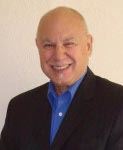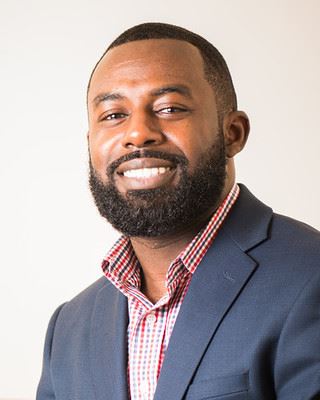

Description
The death of George Floyd, as well as numerous other violent and tragic encounters with police caught on camera, have sparked increased awareness and interest in police violence, racial injustice, and the need for police reform.
Statistics related to police violence, racial injustice, and police burnout yield alarming, puzzling, and perhaps seemingly contradictory findings. For example, police have killed 781 people in 2020 and Black people were about twice as likely as White people to be killed. Minority neighborhoods are disproportionately patrolled by police officers.
On the other hand, the populist "defund the police" slogan is murky, with the majority of racial and ethnic minorities in the U.S. stating that they do not want a reduced police presence in their neighborhoods. Black and Hispanic officers are statistically more likely to shoot Black and Hispanic suspects than White officers, raising questions about whether racial disparities in police shootings are primarily explained by an inclination to shoot Black suspects. Meanwhile, violence against police officers, as well as suicide rates among their ranks, is on the rise.
In addition to implicit racial bias and systemic racism, police burnout has been cited as one contributor to police violence, and police burnout may be rising at the present time in relation to increased demands on police officers during periods of civil unrest, especially in larger metropolitan areas.
How can mental health professionals play a role in reducing police violence against American minorities as well as reducing police burnout? In this 1.5--hour webinar, three forensic mental health experts offers three strategies that mental health professionals can use to prevent and mitigate police violence and burnout.
Learning Objectives
- Identify components of "fitness for duty" evaluations for police officer candidates.
- Describe models in which mental health professionals respond alongside police officers at mental health-related calls.
- Provide counseling interventions aimed at reducing and ameliorating police violence and burnout.
Cost
- $25 for NBFE members (i.e., CFMHEs and CFMHE applicants/candidates) and, for members of our partnering organizations (see Professional Partners for current listing)
- $35 for non-members
About the Presenters

Norman Hoffman, Ph.D., Ed.D., LMHC, LMFT, CFMHE, CCCE
Dr. Norman Hoffman is a Licensed Mental Health Counselor, Licensed Marriage & Family Therapist, and Founder and President of the National Board of Forensic Evaluators (NBFE). He is an experienced expert witness, forensic examiner, author, and jazz musician. Dr. Hoffman developed the Hoffman Organicity Test (HOT), which aids clinicians in differentiating between organic brain disorders, non-organic disorders, and psychotic disorders. Dr. Hoffman began his work with the Devereux Foundation in 1963, specializing as a music therapist for children. In 1969, he then completed a one-year clinical internship at the Menninger Memorial Hospital in Kansas. That experience led to his first book, Hear the Music! A New Approach to Mental Health. His work in the field of organic brain damage led to The Hoffman Organicity Test.

Ekom Essien, LPC, NCC, CFMHE, CCCE
Ekom Essien is a Licensed Professional Counselor in Georgia. He serves as the southern Regional Director for the National Board of Forensic Evaluators and is an Adjunct Instructor at Brenau University in the Clinical Mental Health cDunseling program under the Department of Psychology. Ekom owns an operates his private practice Verity Counseling & Forensic Evaluations in Fayetteville Georgia where he works with clients and their clients.

Aaron Norton, Ph.D., LMHC, LMFT, CFMHE, CFBA
Dr. Aaron Norton is a Licensed Mental Health Counselor and Licensed Marriage and Family Therapy serving as Executive Director of the National Board of Forensic Evaluators, Adjunct Instructor at the University of South Florida, Southern Regional Director for the American Mental Health Counselors Association, and Past-President of the Florida Mental Health Counselors Association. He has nearly 20 years of clinical and forensic experience at Integrity Counseling, Inc., was awarded Mental Health Counselor of the Year by the American Mental Health Counselors Association and Counselor Educator of the Year by the Florida Mental Health Counselors Association in 2016, Researcher of the Year by Florida Mental Health Counselors Association in 2020, and has been published in several social science journals and professional magazines in clinical mental health counseling.
Continuing Education Information



The National Board of Forensic Evaluators (NBFE) has been approved by the National Board for Certified Counselors (NBCC) as an Approved Continuing Education Provider, ACEP No. 6189. Programs that do not qualify for NBCC credit are clearly identified. NBFE is solely responsible for all aspects of the program.
This webinar has been approved for 1.0 general contact hour(s) with the Florida Board of Clinical Social Work, Marriage & Family Therapy, & Mental Health Counseling, and the Florida Board of Psychology, CE Broker Tracking # 20-847174 (CE Broker Provider #50-15823).
NBFE is recognized and endorsed by the American Mental Health Counselors Association.
Click here for NBFE Cancellation/Refund Policy.

